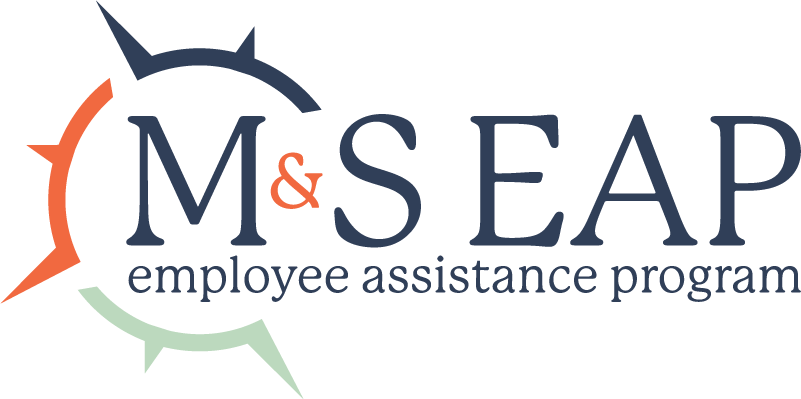How Remote Work Can be a Disadvantage to Employees and Employers

While some employers are embracing remote work and offering their staff options to work from home—or even to work entirely remotely, with no physical location—there are others who believe that having employees in the office is a key to success.
Many companies have benefited from introducing remote work to their organizations, but there are disadvantages that can come with this option as well. Some of these challenges can be extremely impactful to a business in a negative way. Below we explore some of the struggles that employees and employers may face when it comes to remote work.
Isolation
It’s easy for employees to feel like they’re part of a company’s bigger picture when they’re in the office and brainstorming with coworkers every day. Remote work can make it more difficult for employees to feel connected to and involved with daily company happenings, which can ultimately lower morale.
Decreased Employee Visibility
Employees may hesitate to accept a remote position due to decreased visibility within the organization. They may feel that a lack of face time with their manager or other company leaders will make it more difficult for them to be awarded promotions or other growth opportunities.
Decreased Work/Life Balance
It may seem like working at home would make it easier for employees to have a work/life balance, but some argue that not having a physical distinction between where an employee works and where they spend their free time can actually make it more difficult for them to unplug, stop focusing on work, and enjoy time away from their jobs.
Lack of Relationships Among Coworkers
Working together in an office provides employees with the opportunity to bond over shared experiences and build camaraderie with each other. Working remotely makes it more difficult to establish this relationship among coworkers, even when a company chooses to utilize teleconferencing, online chat systems, and other communication tools.
Increased Distractions
While employees undoubtedly experience day-to-day distractions in an office, it’s possible that they face even more distractions at home: children, spouses, pets, the latest Netflix craze, etc. Everyone’s in-home workspace is different, as is their ability to shutout distractions. But if an employee consistently shows a lack of focus or dedication, they may not be a good fit for remote work.
Consider both the advantages and disadvantages of remote work options before deciding whether or not they could benefit your organization and its employees.
If you have concerns about how to keep your remote employees engaged and productive, Mazzitti and Sullivan EAP can help. We’d love to discuss any workforce challenges you are facing and explore how an employee assistance program uniquely tailored to your organization could help improve the morale and engagement of both in-office and remote workers.



